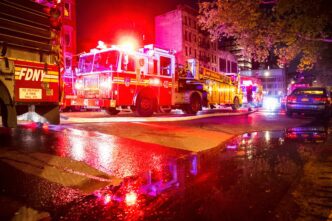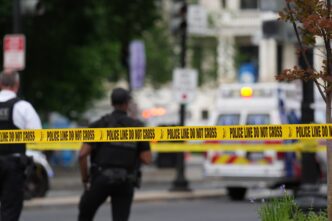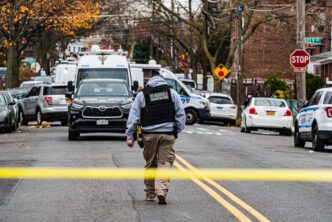Executive Summary
- Lawyers for former FBI Director James Comey are seeking the dismissal of federal criminal charges, including making false statements and obstruction.
- The defense argues the case is a “vindictive prosecution” improperly motivated by President Donald Trump’s personal animosity and public statements.
- The motion questions the appointment of a former personal lawyer of President Trump as the interim U.S. attorney who brought the charges.
- Prosecutors argue there was a legitimate basis for the investigation and that the defense has not met the high legal bar for such a dismissal.
ALEXANDRIA, Virginia – Attorneys for former FBI Director James Comey argued in federal court Wednesday for the dismissal of criminal charges against him, asserting that the case is a politically motivated prosecution improperly driven by President Donald Trump. Defense lawyer Michael Dreeben told the court, “This is an extraordinary case and it merits an extraordinary remedy,” pointing to the President’s public remarks as an effective admission of political motivation.
Comey, who pleaded not guilty in September to charges of making false statements and obstructing a congressional investigation, is one of several prominent critics of President Trump to face charges from the Justice Department. His defense team has filed a vindictive prosecution motion, a legal challenge arguing that the charges were brought to punish Comey for his public criticism of the President.
The defense’s argument centers on President Trump’s extensive history of public criticism of Comey, which began after Trump fired him as FBI director in 2017. They also highlighted the controversial appointment of Lindsey Halligan, Trump’s former personal lawyer with no prior prosecutorial experience, as the interim U.S. attorney overseeing the case.
Prosecutors countered that Comey has not met the high legal standard required to second-guess their charging decisions. They maintain that President Trump’s repeated comments about Comey being a “leaker” demonstrated a legitimate basis for the investigation. However, Halligan’s appointment and legal tactics have already faced scrutiny from other judges involved in pre-trial matters.
The hearing before U.S. District Judge Michael Nachmanoff will test the extent to which a president’s public statements can influence or derail a Justice Department prosecution. While vindictive prosecution motions are rarely successful, they have gained new attention in cases involving critics of the administration. It is important to note that all individuals are presumed innocent until proven guilty in a court of law.






